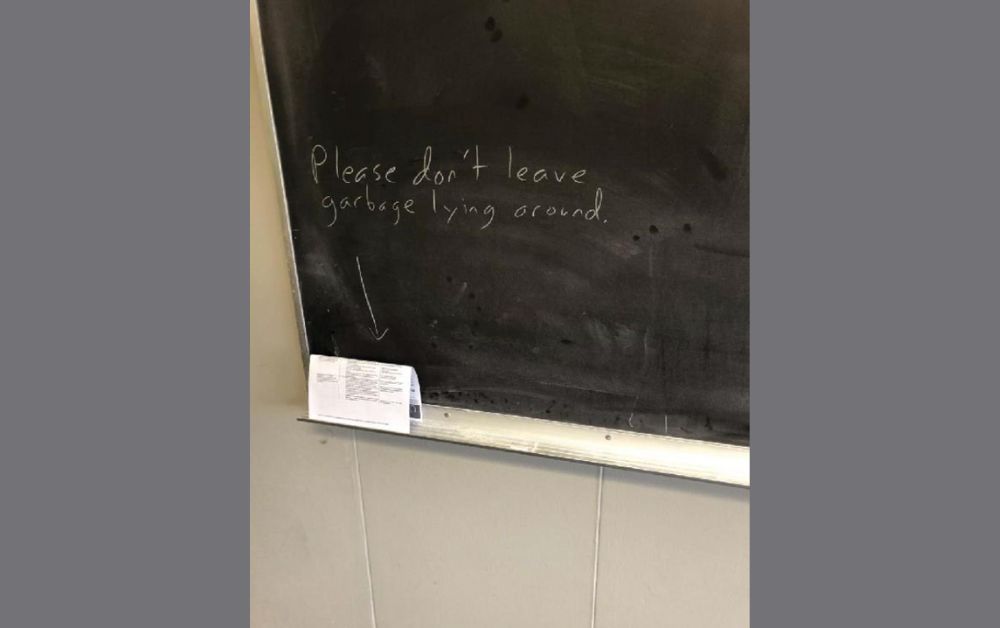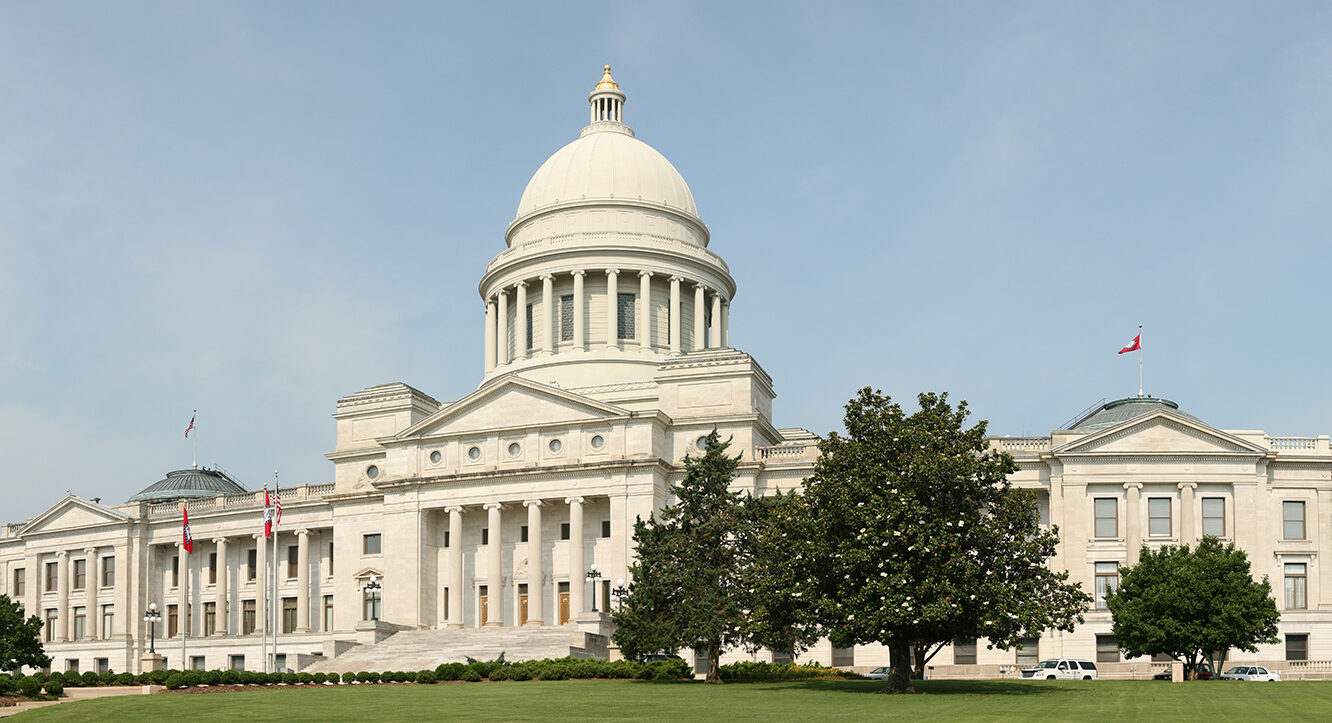A math professor at the University of North Texas, was awarded $165,000 in damages and attorney’s fees Sept. 22 after settling a lawsuit against the university for violating his right to free speech.
Dr. Nathaniel Hiers sued the university for infringing on his right to free speech by discriminating against his viewpoint, placing unconstitutional conditions on his employment, and attempting to compel and retaliate against his speech, according to the lawsuit filed April 2020 in the United States District Court in the Eastern District of Texas. In the court’s opinion, the judge posed the free speech issue as, “What can a public employee say, and what can he choose not to say, without fear of reprisal from his employer?”
Hiers taught multiple undergraduate courses in the University of North Texas, (UNT), College of Science Department of Mathematics since 2013 while completing the university’s doctoral program. After receiving his doctoral degree, UNT offered Hiers an adjunct faculty position slated to begin in the fall of 2019. But, after writing an unsigned message on a faculty lounge chalkboard during that first semester, Hiers was fired.
“The cornerstone of higher education is the ability of professors to participate freely in the ‘marketplace of ideas,’ where all viewpoints can be debated on their merits,” stated the complaint filed by the Alliance Defending Freedom, (ADF). ADF is a conservative legal advocacy group which describes its mandate as “committed to protecting religious freedom, free speech, the sanctity of life, parental rights, and God’s design for marriage and family.”
The issue at the root of this litigation dates back to November 2019, while Hiers was in a faculty lounge at UNT before teaching an evening class. While in the lounge, he noticed a stack of informational fliers about microaggressions that had been left by an unknown person.
On the chalkboard of the lounge, Hiers “jokingly wrote ‘Please don’t leave garbage lying around’ with an arrow pointing to the fliers,” according to the suit. Although the suit states that this type of banter and discussion was common in the faculty lounge, Hiers’ message was not well-received by the chair of the mathematics department, Ralf Schmidt.
“Would the person who did this please stop being a coward and see me in the chair’s office immediately. Thank you,” stated an email Schmidt sent to the entire mathematics department, according to the lawsuit, which included a photo of the chalkboard with Hiers’ message.
Hiers responded to the email and took responsibility. “I’ll be by in a few minutes,” he wrote. “I don’t see anything ‘cowardly’ about commenting on silly political fliers left lying in the lounge. If it’s fine for someone to leave stacks of them around the lounge, criticizing them should be fine too.”
In their meeting, Schmidt described Hiers’ message as “stupid” and “the nuclear option.” But, Hiers “stood by his criticism of the documents” and “saw no reason to apologize.”
Hiers was subsequently fired without notice after Schmidt canceled his teaching contract for the spring term. Schmidt’s reasoning for the termination was that Hiers wouldn’t “recant his beliefs” or “attend additional diversity training,” and his “actions and response are not compatible with the values of this department,” according to the lawsuit.
ADF Senior Counsel Tyson Langhofer, director of the ADF Center for Academic Freedom and one of Hiers’ attorneys, says Hiers started on a career track that is similar to most aspiring professors. First they’re grad assistants, then they move on to a contracted professorship, with the final step in some cases a tenure-track position.
“That [career path] was cut off at the beginning, so I think that’s one of the reasons obviously why the damages are the way they are,” Langhofer said. “In a lot of First Amendment cases if you’re just simply stopped from speaking you may not have any actual damages. But here Dr. Hiers was terminated for speech and because of that he had lost a substantial amount of salary and also opportunities down the road.”
According to the suit, the fliers described microaggressions as “‘verbal and nonverbal behaviors’ that ‘communicate negative, hostile, and derogatory messages to people rooted in their marginalized group membership (based on gender, race, ethnicity, sexuality, etc.).’”
Hiers believes that the concept of microaggressions “actually hurt diversity and tolerance.”
“This mode of thinking teaches people to see the worst in other people, promotes a culture of victimhood, and suppresses alternative viewpoints instead of encouraging growth and dialogue,” the complaint states. Hiers felt that the statements in the fliers “can (and should) be interpreted in a benign or positive manner. But the fliers teach people to focus on the worst possible interpretation of the statement, to disregard the speaker’s intent, and to impute a discriminatory motive to others.”
In the March 11 federal district court ruling, the court found that Hiers plausibly argued that the university violated his right to free speech, engaged in viewpoint discrimination, subjected him to unconstitutional conditions and attempted to compel his speech.
“Hiers expressed the kind of pure speech to which the First Amendment provides strong protection,” the final opinion stated.
Langhofer says Hiers is currently employed as a teacher, but not at the university level.
“Unfortunately, one of the real sad parts of this story is that Dr. Hiers was just getting started in his career and it’s very difficult to obtain these jobs,” Langhofer said. “Getting terminated at the beginning obviously makes that more difficult. So I think that’s one of the things that’s most disappointing. It’s pretty clear that public universities can’t fire professors just because they don’t endorse every message that’s communicated in the faculty lounge.”
“Today’s college students are going to be our future legislators, judges and voters,” Langhofer said. “The universities need to reinforce the fact that the First Amendment is important and needs to be protected and they should be showing that through their actions.”
The university agreed to settle Hiers’ free speech lawsuit after two years of litigation, to allow “the university to devote our attention and resources to our mission rather than to years of protracted court proceedings,” wrote Julie Elliott Payne, assistant vice president of communications, in the university’s statement emailed to First Amendment Watch.
“As a university that prepares its students for success in a global economy, it is vitally important that our faculty understand perspectives and experiences different from their own,” the statement said. “Our settlement allows the university to return our focus where it belongs with the students who have chosen to invest their resources in pursuing an excellent education as part of our UNT family. We remain steadfast in our commitment to our faculty members’ rights to free expression and to our students’ rights to an inclusive, nondiscriminatory educational environment, and we are fully committed to ensuring that both can – and will – coexist at the University of North Texas.”
Langhofer believes the settlement was a win for freedom of speech on college campuses, and can act as a hopeful model in future cases.
“I hope it sends a message to UNT but also to all universities that free speech is important and that universities are the marketplace of ideas, not an assembly line for one type of thought,” he said.
HIERS V. The UNIVERSITY OF NORTH TEXAS COMPLAINT FILED APRIL 16, 2020
HIERS V. THE UNIVERSITY OF NORTH TEXAS OPINION FILED MARCH 11, 2022
Tags




